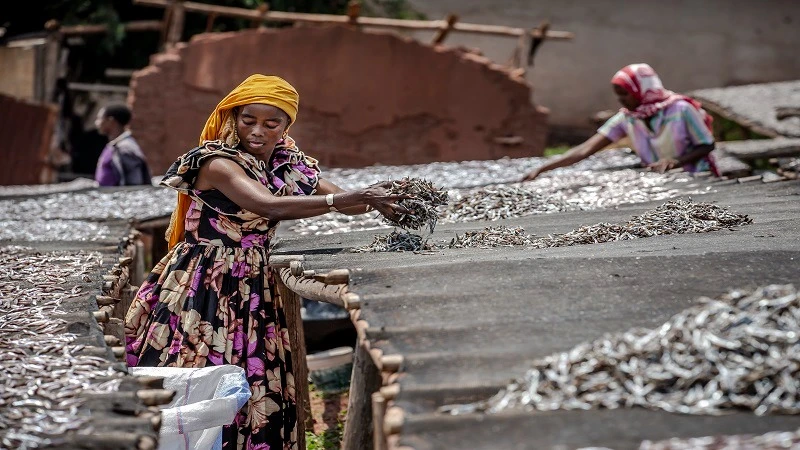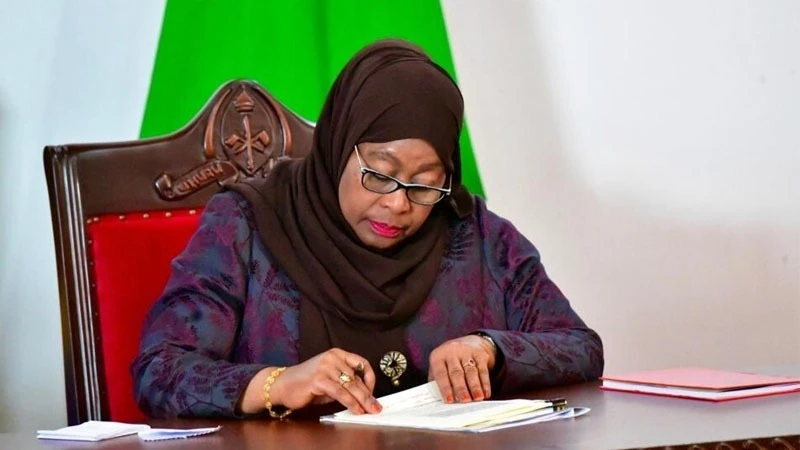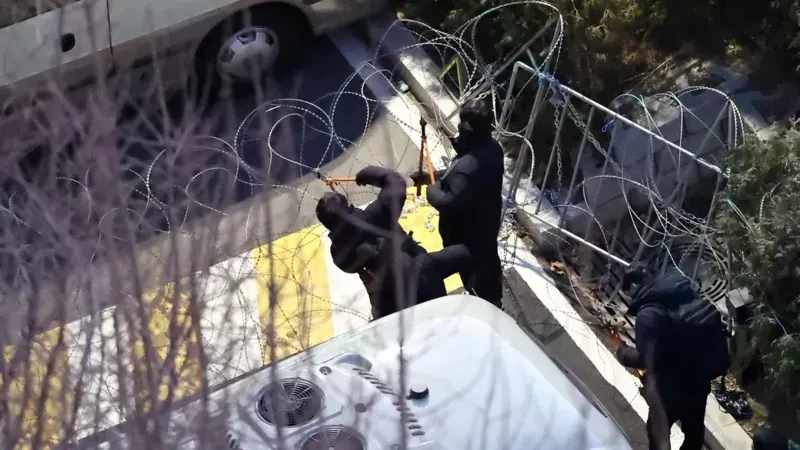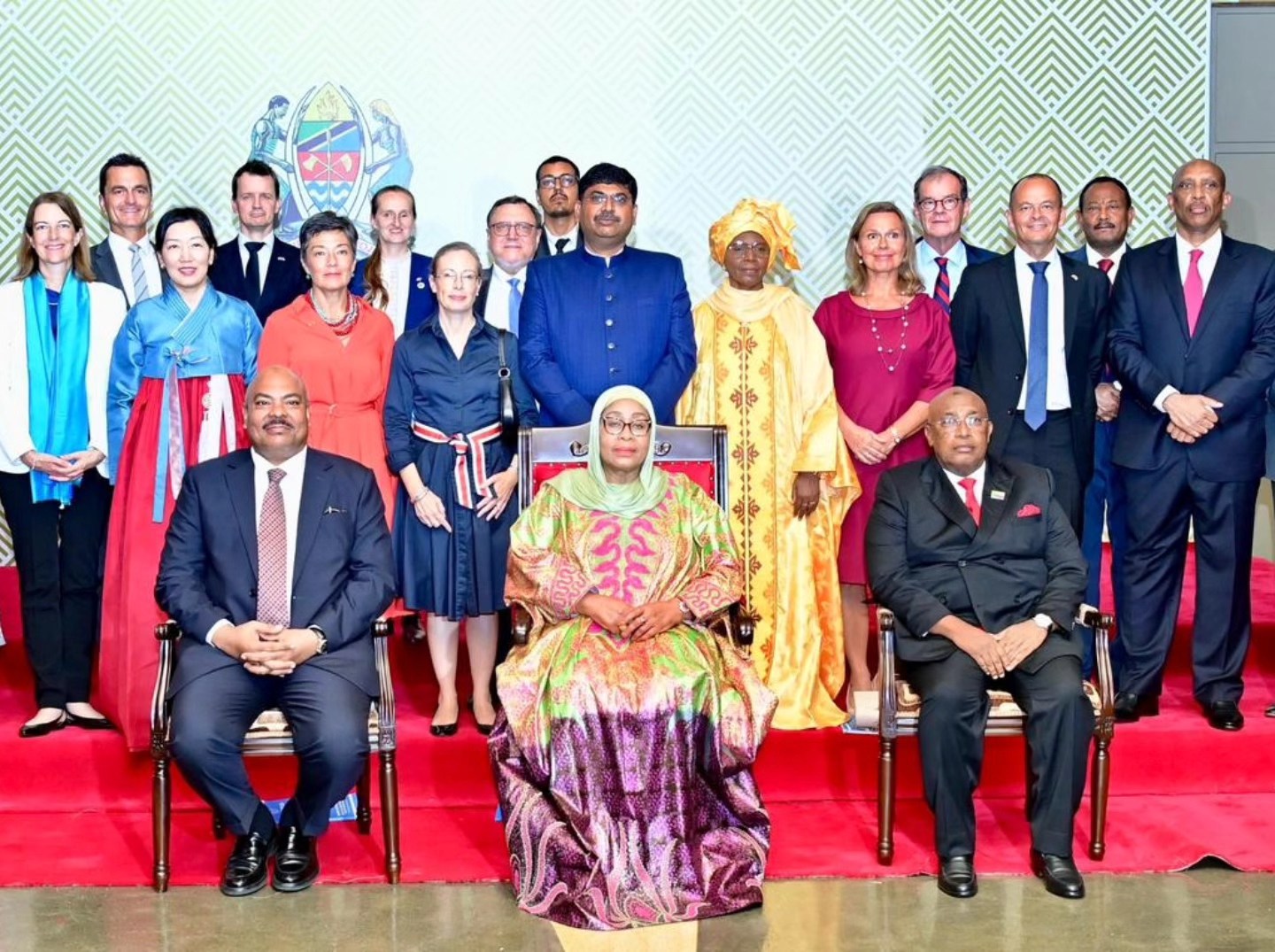‘Human factors drive global food insecurity’

CONFLICTS, economic disparities, climate change and environmental degradation are some of the main drivers of global food insecurity, threatening the achievement of the Sustainable Development Goals (SDGs).
Addressing these requires multiple actions by a diversity of actors, including the transformation of our global food systems to sustainably meet the nutritional needs of a growing population while protecting our resource base, says Manuel Barange, Assistant Director-General and Director of the Fisheries and Aquaculture Division at the Food and Agriculture Organization of the United Nations (FAO)
Aquatic foods – such as fish, crustaceans, shellfish, seaweed, and other marine and freshwater organisms – are essential to this transformation. Rich in high-quality proteins and micronutrients, these foods provide critical nutrition particularly in low-income and vulnerable communities where deficiencies are most prevalent.
Beyond their nutritional value, fisheries and aquaculture sustain the livelihoods of over 600 million people globally, many of whom reside in coastal and rural areas with limited economic opportunities.
“However, while the need for change is clear, the path forward remains complex. How do we decide on the objectives of this transformation, the inevitable trade-offs, and the pathways to success? Part of the answer lies in developing effective partnerships. No single entity –whether an individual, organization or government – can achieve this transformation alone. It requires partnerships built on shared goals and collective action.”
The global fish value chain development programme-FISH4ACP project is a prime example of such collaboration. Under the leadership of the Organisation of African, Caribbean and Pacific States (OACPS), and with support from the European Union (EU) and the German Federal Ministry for Economic Cooperation and Development (BMZ), FAO is implementing this important initiative to drive catalytic change in aquatic food systems. Spanning 12 countries across three continents, FISH4ACP exemplifies the power of evidence-based decision-making, public–private collaborative action, and innovation to strengthen fisheries and aquaculture value chains.
As the project enters its final stage, the Blue Food Forum, to be held in Dar Es Salaam this week, presents a pivotal opportunity to showcase proven solutions and capture valuable lessons from FISH4ACP and related initiatives. Gathering over 200 stakeholders and practitioners, along with more than 16 exhibitors, the Forum offers a unique platform to discuss effective actions, assess economic, social and environmental impacts, and explore how good practices can be scaled for greater impact.
For instance, Zimbabwe, the high cost of fish feed poses a significant challenge for smallholder tilapia farmers, who typically operate with limited financial resources and narrow profit margins. FISH4ACP, in collaboration with Chinhoyi University of Technology, is testing a locally produced fish feed made from black soldier fly larvae as a cost-effective alternative. This innovative approach has the potential to boost productivity and enhance the livelihoods of local farmers by reducing their reliance on expensive commercial feeds.
In Senegal and the Gambia, FISH4ACP is aiding oyster producers in transitioning from wild harvesting to modern oyster farming practices. Through technical support and stakeholder connections, this shift is boosting local spat production, reducing costs, and contributing to the protection and restoration of natural oyster stocks.
In Sao Tome and Principe, FISH4ACP is working with a local non-governmental organization to establish self-help groups, primarily women fish traders and fish processors, to enhance their access to credit and microfinance. These groups are receiving training in bookkeeping, record-keeping, and internal saving and lending processes, enabling them to pool their savings and work towards individual and collective financial goals.
Finally, in the Dominican Republic, FISH4ACP is working with the government to support the artisanal mahi-mahi fishery, establishing a long-term framework that includes social protection programmes for vulnerable fishers and vendors. This safety net is crucial in helping fishing communities cope with the unpredictability of catches and extreme weather events.
The Blue Food Forum is not just an event; it represents a crucial platform for dialogue and exchange on leveraging aquatic food systems to address global challenges such as malnutrition, poverty and environmental degradation. As demonstrated by initiatives like FISH4ACP, pragmatic solutions tailored to the needs of local fishing and farming communities have the potential to catalyse significant change.
Whether empowering smallholder farmers in Zimbabwe or advancing oyster farming in Senegal, FISH4ACP and other initiatives exemplify how localized efforts can drive global food system transformation. Ultimately, these initiatives underline the forum’s broader message: sustainable aquatic food systems are key to building a more resilient and equitable future, one fish or oyster at a time.
Top Headlines
© 2025 IPPMEDIA.COM. ALL RIGHTS RESERVED

























